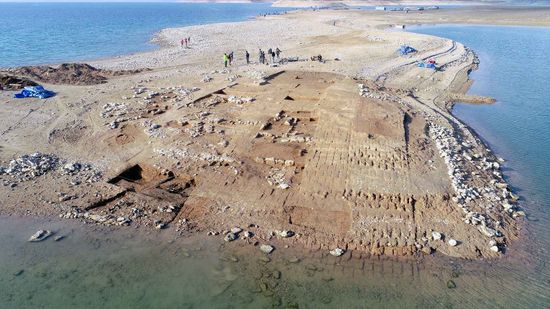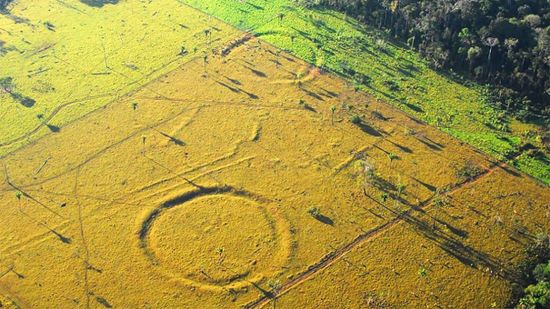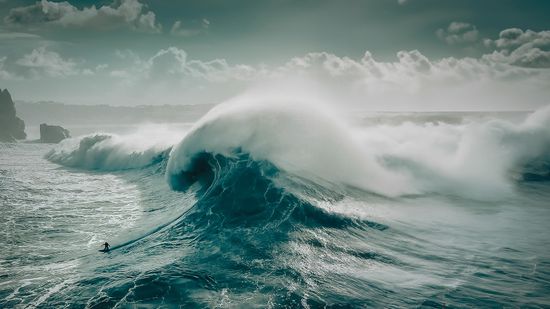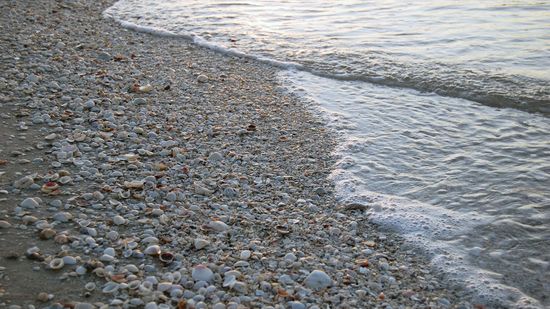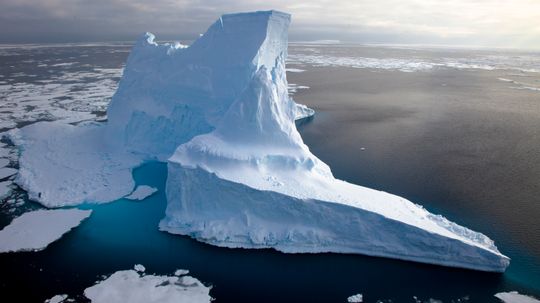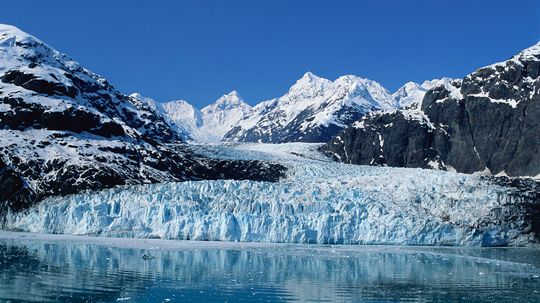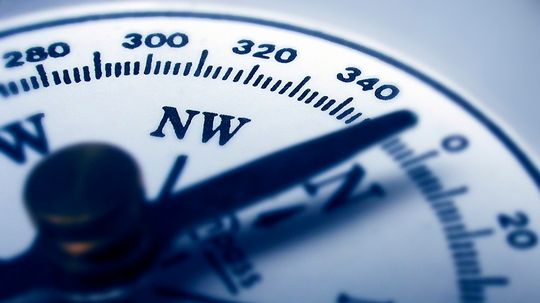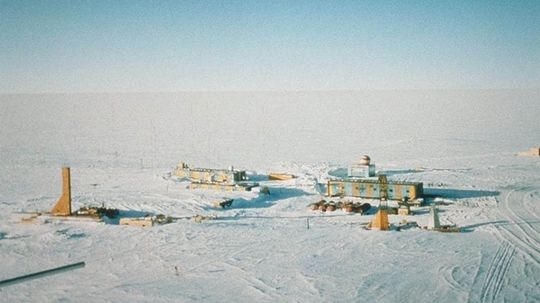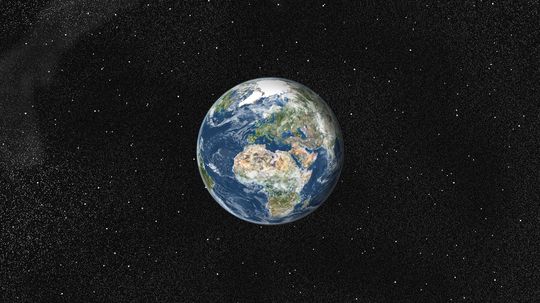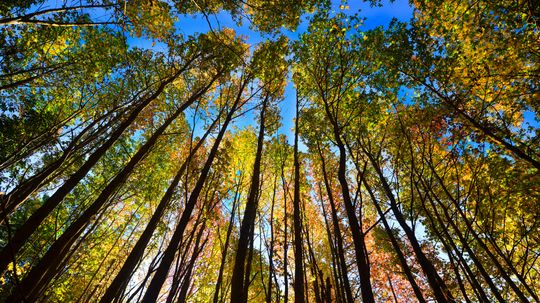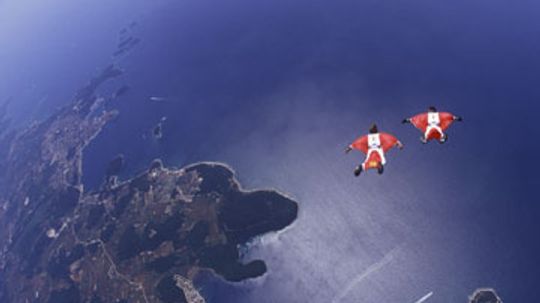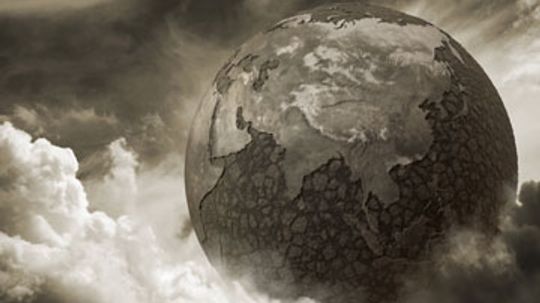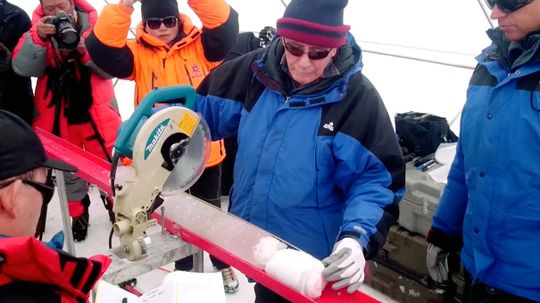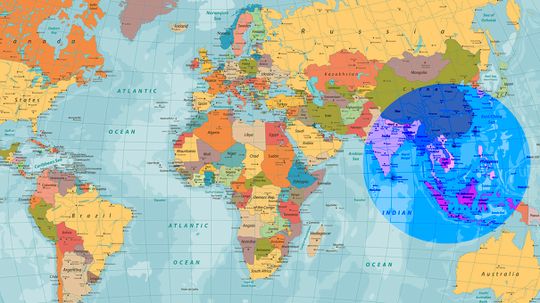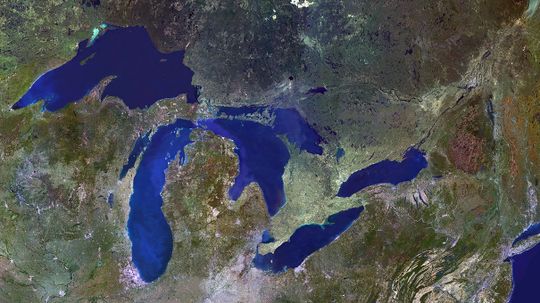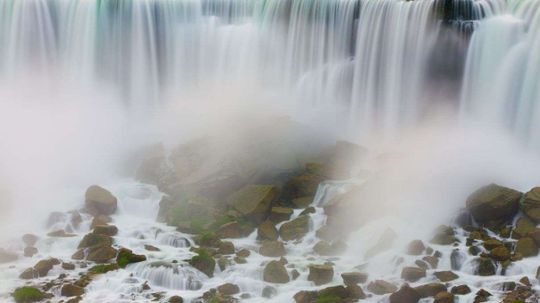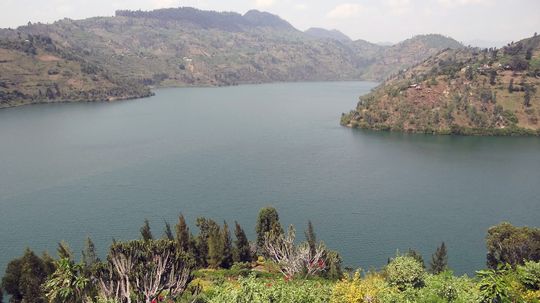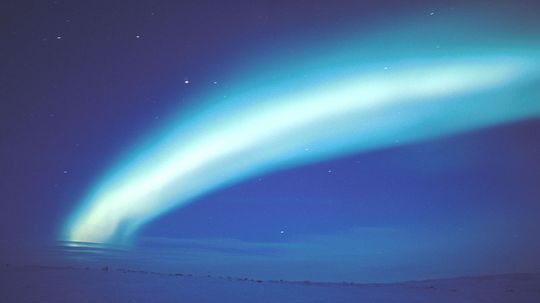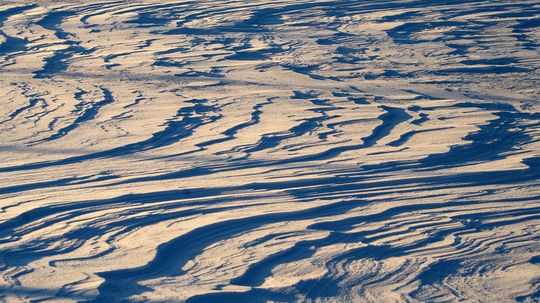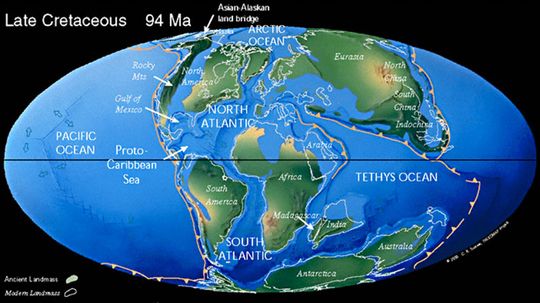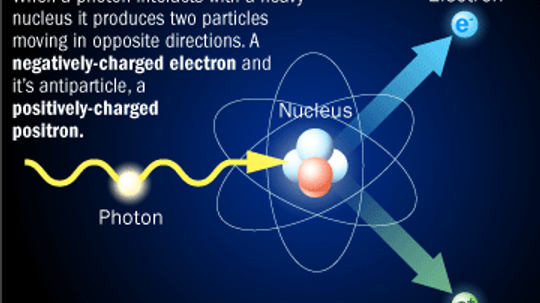Geophysics
Geophysics is the study of the forces that shape the Earth from a global perspective. Learn about gravity, plate tectonics and other topics.
Learn More / Page 2
One iceberg sank the unsinkable Titanic, and another exploded in front of an expedition. These floating chunks of ice carry their bulk deceptively below the surface of the water. What else are they hiding?
Glaciers are rivers of ice and are the largest moving objects on Earth. Learn about glaciers and find out how much freshwater are frozen in glaciers.
You probably know that the North Pole does not stay in the same spot. The North and South Poles can actually change positions. What causes this? Find out in this article.
Advertisement
A map is a type of language, a graphic way of representing information, whether it's to show population density or tell you how to get from Point A to Point B. Here's how they're made.
By Tracy V. Wilson & Alia Hoyt
Famine might bring to mind historical tragedies or modern media coverage of tiny children with swollen bellies. But how does the unimaginable -- a widespread loss of food -- actually happen?
Deep underneath Antarctica, there lies a hidden lake. Roughly the size of North America's Lake Ontario, the buried landmark has inspired curiosity and controversy for decades.
By Mark Mancini
It's possible that the giant, deadly serpent hanging out at the bottom of Fosse Dionne spring is just a legend, but divers have disappeared trying to find out, so who knows?
Advertisement
It's not just the size that differentiates a lake from a pond. The real distinctions flow much deeper.
Researchers have been asking this question for almost a century and now we're a little closer to the answer. Something else to ponder: Every 27.5 million years there is usually a mass extinction.
The autumnal equinox is the day Earth is perfectly angled to the sun, so the day and night are of equal length. Well, almost.
We argue that living well requires wine and cheese, but what does living at all require? You might be surprised to find out that there's no single definition.
Advertisement
Have you ever read "Journey to the Center of the Earth" and wondered if it were possible to do it? Well, scientists are in the process of giving it their best shot. How hard is it to dig a hole this deep, and what might they find?
Of course you know what gravity is. It's the force behind Wile E. Coyote plummeting off the face of a cliff and you stumbling spastically in front of your crush. But did you know it can bend light and help us detect hidden cosmic phenomena, too?
By Robert Lamb
You may have noticed that our planet isn't terribly predictable. Could a German polymath and an unfathomable pile of data change that?
By Robert Lamb
For centuries, ancient cultures celebrated the winter solstice, the shortest day of the year, as the "day the sun came back." Here are five enlightening facts about the winter solstice.
Advertisement
Scientists from The Ohio State University have drilled longest ice core from outside the poles.
By Mark Mancini
The circle is only 5,000 miles wide.
The Great Lakes are named so for several reasons. HowStuffWorks looks at why the Great Lakes are so great, including their impressive depths.
By Mark Mancini
The formidable gusher could stop flowing for a few months in 2019 in order to repair some bridges in dire need.
Advertisement
Lakes seem like serene places to escape and enjoy peace and quiet. So you'd probably be surprised to learn that a lake can actually explode without warning. It's happened, with deadly consequences.
By Mark Mancini
Prior to the mid-1990s, the magnetic north pole traveled at speeds of around 9 miles per year. Now, it's 34 miles annually. What accounts for the acceleration?
By Mark Mancini
Sastrugi are gorgeous snow formations found in the polar north, but they're also no fun to travel over.
The Ancient Earth visualization map shows the movement of the planet's tectonic plates in a really cool way.
Advertisement
We humans love to create. We build soaring skyscrapers from the ground up. We fill blank canvasses with timeless, magnificent art. Can we achieve the ultimate feat and generate matter?
By Robert Lamb
The world has only had time zones since the late 1800s. Some people think we should eliminate them and have just one universal time instead.
